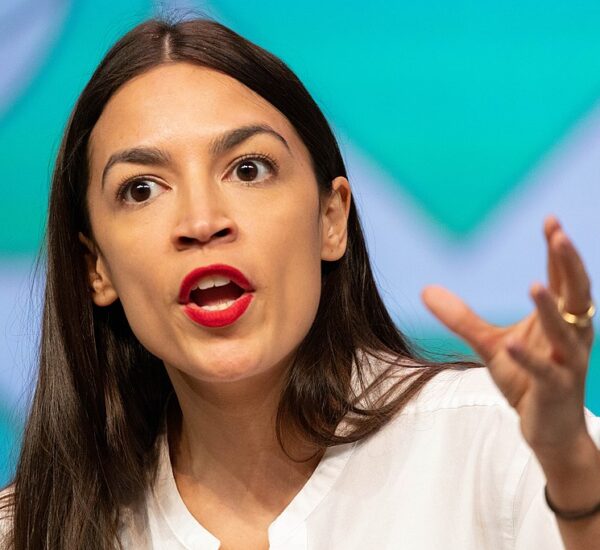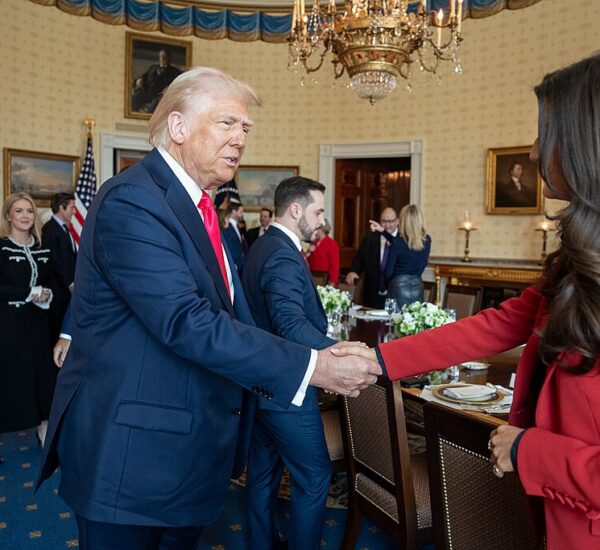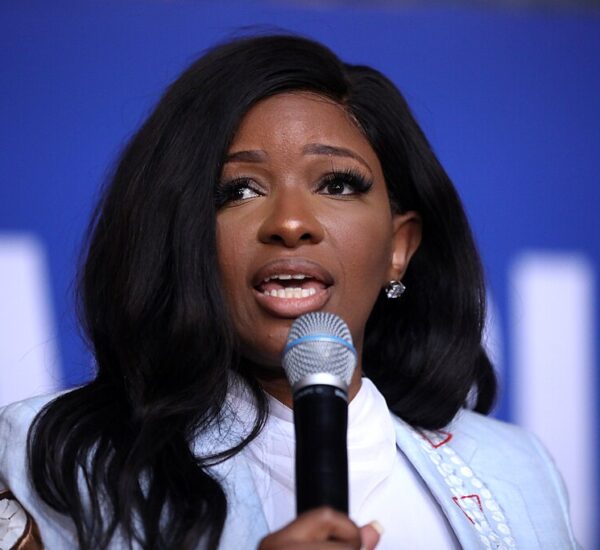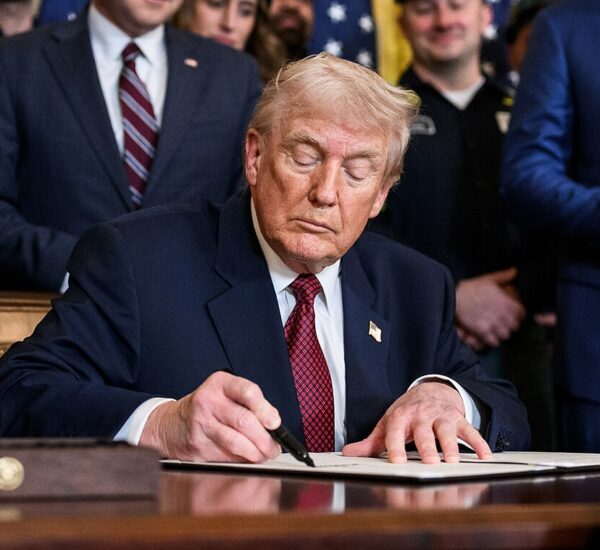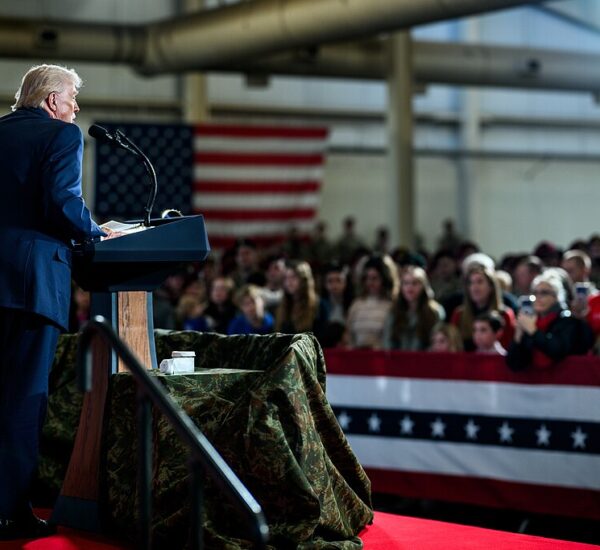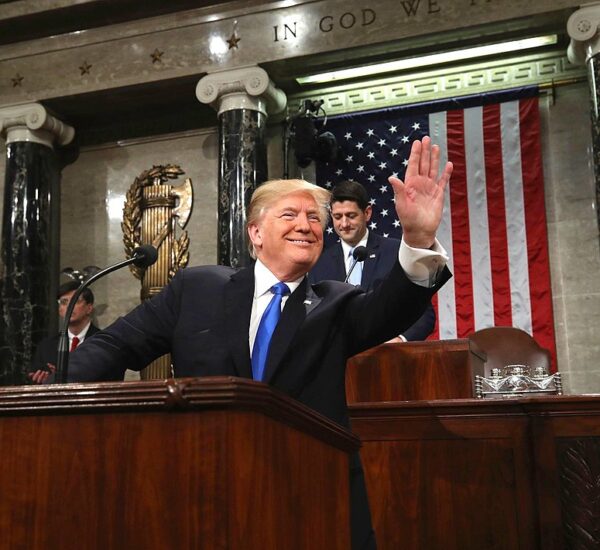Europe’s Feud With Schumer Intensifies
On Saturday, British Prime Minister Keir Starmer called on Russian President Vladimir Putin to sign a ceasefire agreement to demonstrate his genuine commitment to peace in Ukraine. He emphasized that the pressure on the Kremlin would only intensify, with further steps to prepare for a peacekeeping mission. The Prime Minister’s comments came after a two-hour virtual meeting with a group of global leaders, including French President Emmanuel Macron, Italian Prime Minister Giorgia Meloni, Ukrainian President Volodymyr Zelenskyy, and others from NATO and the European Union.
Starmer accused Putin of stalling on peace efforts, pointing to Russia’s delay in responding to former U.S. President Donald Trump’s proposed ceasefire. He also condemned the Kremlin’s ongoing violent attacks on Ukraine, calling them a stark contradiction to Putin’s purported desire for peace. Starmer’s coalition of the willing insisted that it is now up to Russia to prove its sincerity by agreeing to a ceasefire on fair terms.
During the meeting, there was a renewed commitment to Ukraine’s security, with many nations expressing a stronger resolve to defend the European continent from further Russian aggression. Starmer suggested that a robust, long-term security arrangement for Ukraine is the key to peace, emphasizing the necessity of military plans to deter future attacks and safeguard Ukraine’s future.
While details remain scarce, Starmer and other leaders are preparing for the potential deployment of troops in Ukraine to monitor a peace agreement and prevent further Russian advances. The U.K. and France are particularly focused on strengthening Ukraine’s defenses and assembling a European military force to secure the peace.
The talks followed a U.S. proposal for a 30-day ceasefire, which Zelenskyy has supported. However, Putin’s support for such a truce is conditional, which raised concerns that Russia is not genuinely committed to peace. Despite this, Ukrainian leaders continue to push for stronger sanctions against Russia, arguing that the Kremlin must face consequences for its actions if it is ever to reach a meaningful peace deal.
While President Trump expressed optimism that Russia may eventually agree to a ceasefire, there are still questions about the future role of U.S. military involvement in any peacekeeping mission. Starmer and Macron have led efforts to keep international pressure on Putin and ensure that the West remains united in its support for Ukraine’s sovereignty and security. For the West, the road to peace remains uncertain, but the call for strength and resolve remains clear.

